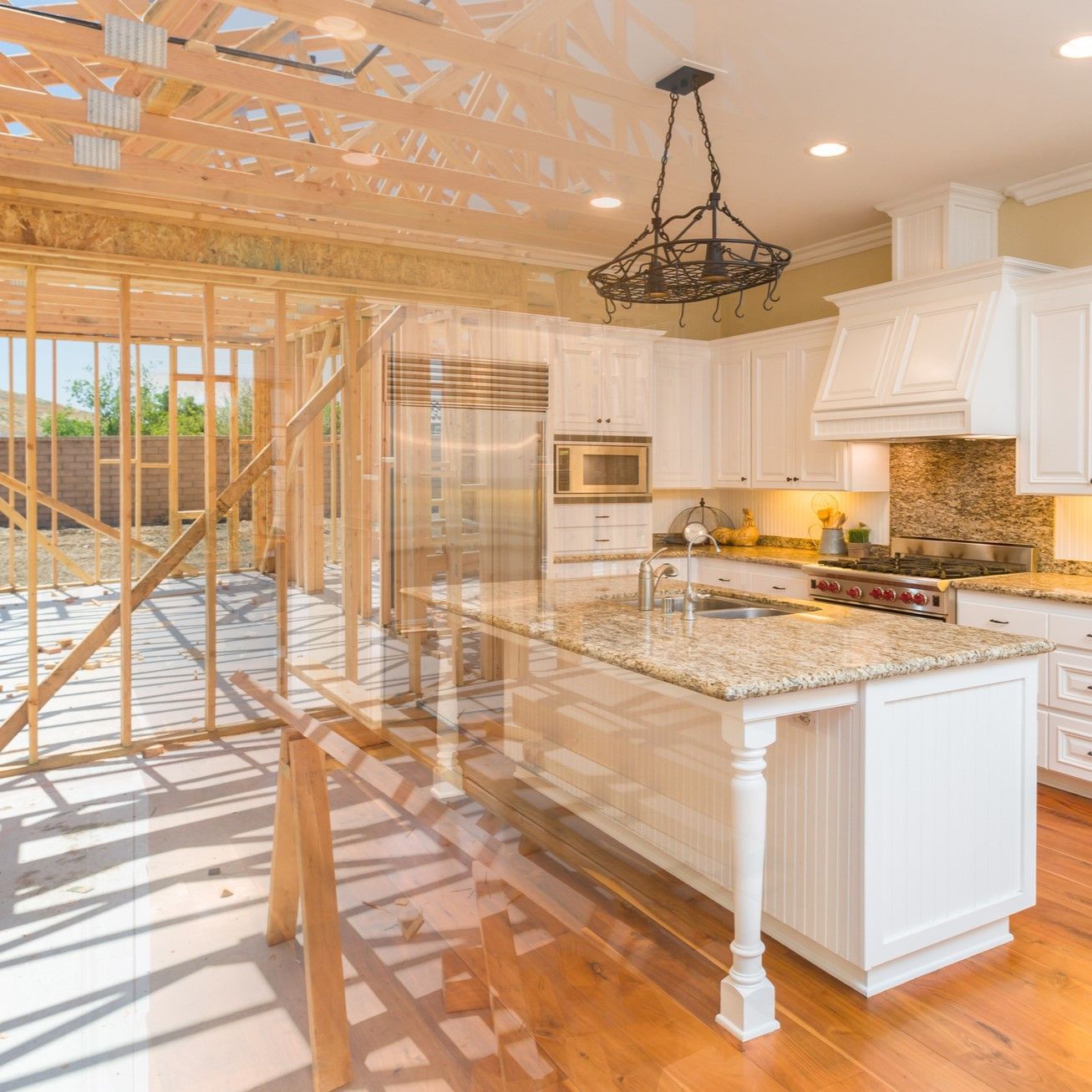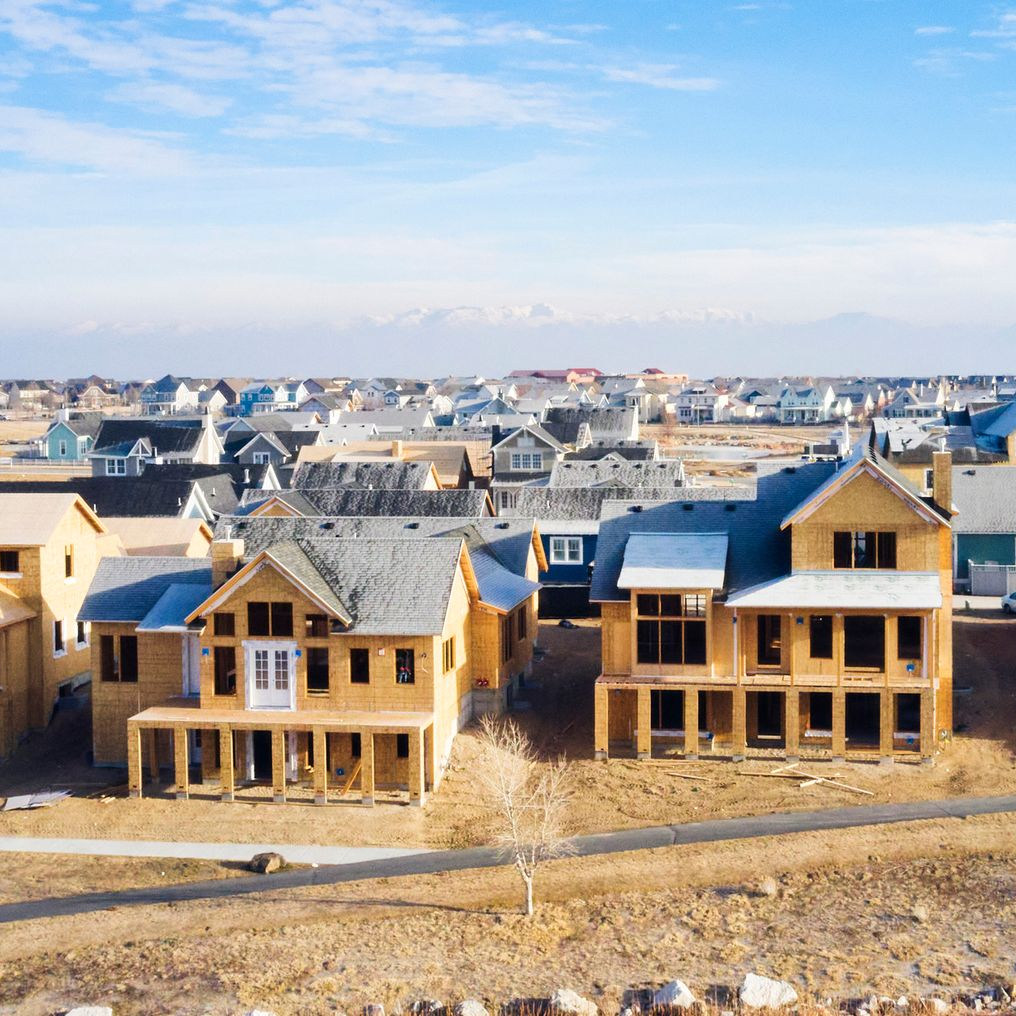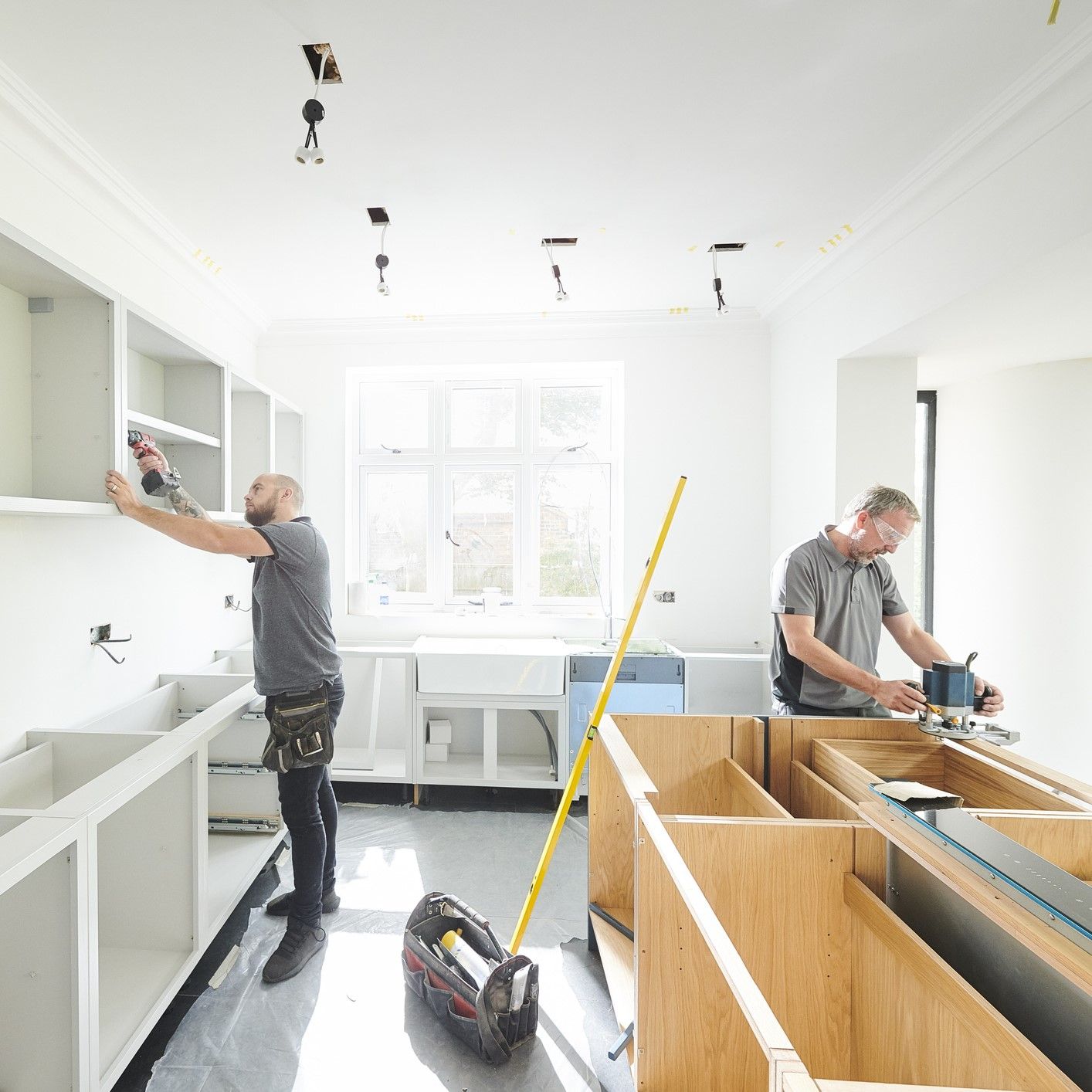What You Need To Know About Home Additions
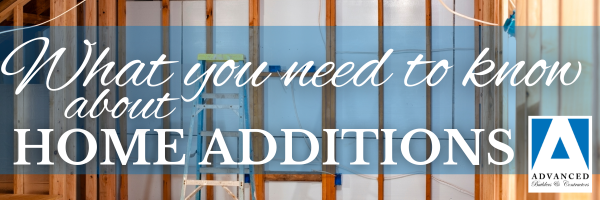
It might be challenging to know what you don't know about house additions. How would a resale value be impacted by an addition? What role do the building codes play? Do you need to employ a contractor or can you do it yourself? All of these are things to think about before expanding your living space, regardless of whether you're planning to add a second story or simply a lovely dormer. We'll provide you with some basic facts in this post that will be helpful if you're planning to add to your house soon.
Should I Consider a Home Addition?
House additions are investments for homeowners, whether it's a simple bump-out addition with a makeover or a full-blown addition project. You have greater motivation to make it yours if you don't have any immediate plans to move. You can benefit from the value of a home improvement project for many years to come.
However, you should consider the resale value if you ever decide to sell your home. Make sure the addition is affordable. Investing in your house might offer a high return on investment if the value of your property grows as a result of a stylish addition.
Before planning a house expansion, think about these three questions.
How Much Does Adding Onto A House Cost?
Depending on the features of your property and what you desire, an addition will cost a certain amount of money. The project will cost more money the bigger it is. If you're hiring a contractor, you could see a broad variety in the estimates provided by several contractors. You might be able to complete the assignment on your own, but you must have faith in your abilities and be prepared to put in extra effort.
There are numerous methods you might employ if you find yourself in need of money, including cash-out refinancing, construction loans, home renovation loans, and more.
Homeowners need to set some boundaries for themselves when it comes to house additions. It's simple to declare that you want to quadruple your home's square footage, but is it something you can actually afford? Can you build a sunroom and keep the value of your house?
The query "How much?" is wide and asks for a lot of information. It might include anything as simple as "How much do we want to spend?" or "How much space do we require?"
You might not want to hear the response to "How much?" "How much do we need this space?" and similar inquiries. Alternatively, "How much are we willing to put up with the dust, noise, and strangers working on our house?" or “How long will a home addition take to complete?”.
You'll have a clearer understanding of your wants and expectations when you're honest with yourself about the answers to the "How much?" question, and you'll also establish the foundation for the next endeavor.
Your time and money may need to be heavily invested in a house extension. Additionally, it may cause long-term discomfort in your house. (We know… not the greatest sales pitch, but we want you to know what you’re getting into! As they say, preparation is key!)
Will you hire a contractor or will you DIY?
Before you pick up the phone or go to the hardware shop, the next important thing to ask yourself is, "Who is going to do the work?"
With this question, there are a few distinct paths you may go. You may start by doing it yourself. As a result, you'll need to ensure that you and anybody helping you have the expertise needed to complete the house addition correctly. You don't want to begin a project only to discover later that you are over your head.
Imagine spending $8,000 on stuff you won't even use before realizing you've taken on too much. If you go it alone, you're responsible for whatever mistakes you make. What's worse, you might not realize your errors until you turn on a light.
Another option is to be your own General Contractor, do whatever work you feel you are sufficiently up for the task on, and sub out what you can’t do yourself. You will have to manage the subcontractor to make sure everything is completed, but if you’re familiar with construction and it’s not an extensive addition (think single room addition compared to a master suite with bathroom which may have more moving parts than you are familiar with), this may be feasible for you. We don’t recommend this option for most people, when in doubt - hire it out. The last thing you want to do is get mid-way into a project, realize it’s not going well, and then try to find a General Contractor who will pick up where you left off - it’s going to be a waste of time, money, and limit your options when finding a good contractor as many don’t want to get involved in a project already underway. It’s actually more work to dissect a job to make sure it was all done properly than for the GC to have done it right from the start, and it’s their name on the line with the added liability. So, if you’re not sure you can manage and organize a team of sub-contractors, deal with the city for permits, inspections, and record keeping, or can’t oversee their work… it may be cheaper in the long run to hire this out to the pros.
How Can You Discover A Reliable Contractor?
It all comes down to who you know. Consult with members of your family, acquaintances, and coworkers who have had comparable work done if you don't know anybody knowledgeable in the field. They will be delighted to tell you all about the work they have done if they are delighted with it. On the other hand, if they had a terrible experience, they will be more than ready to share it with you as well.
A well-liked choice is a contractor grading service like Angi.com, yelp.com, Facebook groups and business pages, Houzz.com or Google.com. There, you can check contractors ratings from past customers and see examples of their past projects.
Whichever route you go, be careful to speak with numerous contractors to get their suggestions and costs before any work starts. Additionally, check that they are licensed, insured, and bonded to prevent any liability, tax, or quality problems.
Ideas for Home Addition
Do you want to increase the square footage of your house but are unsure where to begin? Or perhaps you are aware of the addition you wish to make but are uncertain of its details. Adding a room to your home typically costs between $80 and $200 per square foot, according to HomeAdvisor.com. The difference relies on the design, the aesthetic of your house, and the materials utilized.
Get some inspiration for house additions by looking at some of the most well-liked additional rooms.
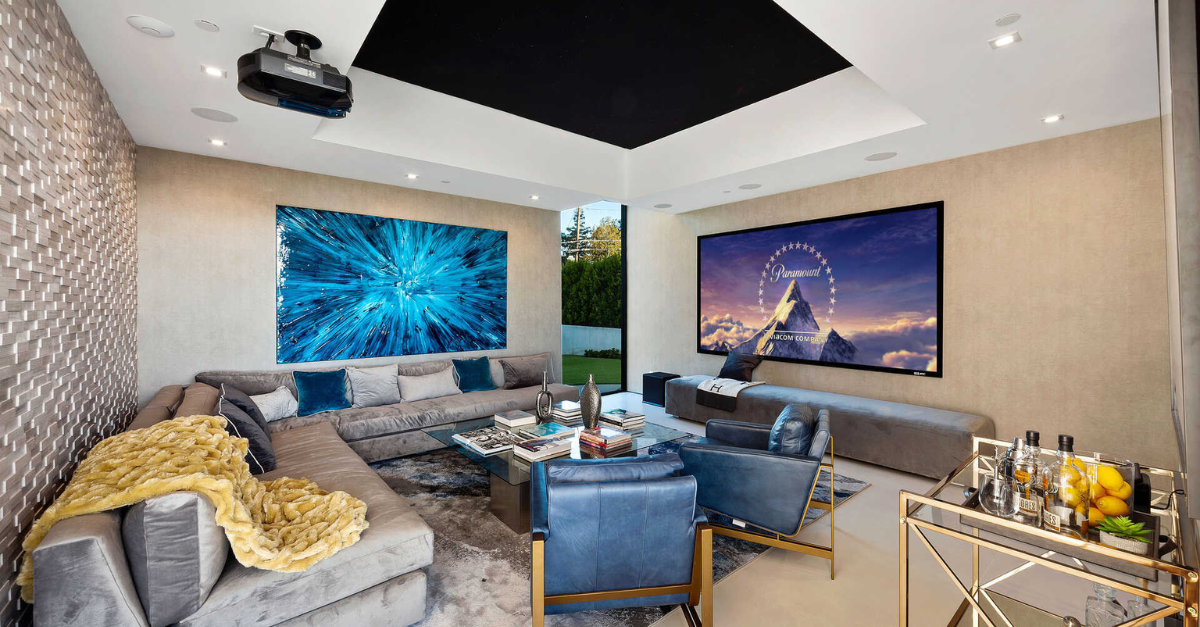
Kitchen Addition
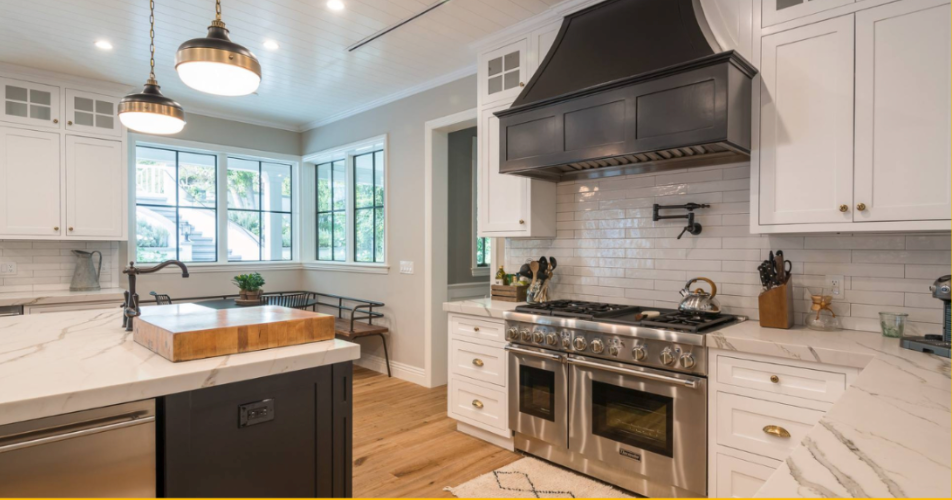
A house can succeed or fail in the kitchen. Many houses have an inadequately sized or poorly planned kitchen. A large, well designed kitchen is the stuff of dreams if you enjoy cooking and entertaining.
Gather inspiration for the design of your kitchen expansion. You may look at kitchen floor plans online and attempt to create your own. Once you have your dream kitchen concept, find an architect who can map out all the details for you so you can take these plans to the city for plan approval and then permits.
Determine if you want to update your appliances, countertops and cabinets before considering a kitchen expansion. These are pricey components, but if you skip them while building your new extension, your kitchen can feel disjointed or unfinished. It may be a good idea to consult a home design center. A good designer will consider your wishes and budget in their design, how to best blend the addition, and the best layout for functionality and your style. Make a list of important features, and put them in order from most important to least. Built in microwave a priority, or would you never utilize it? Spice rack? 4 burner stove or 6? Built in step for easy sink access for young children, or skip it? It’s all in the details…
Mudroom Addition
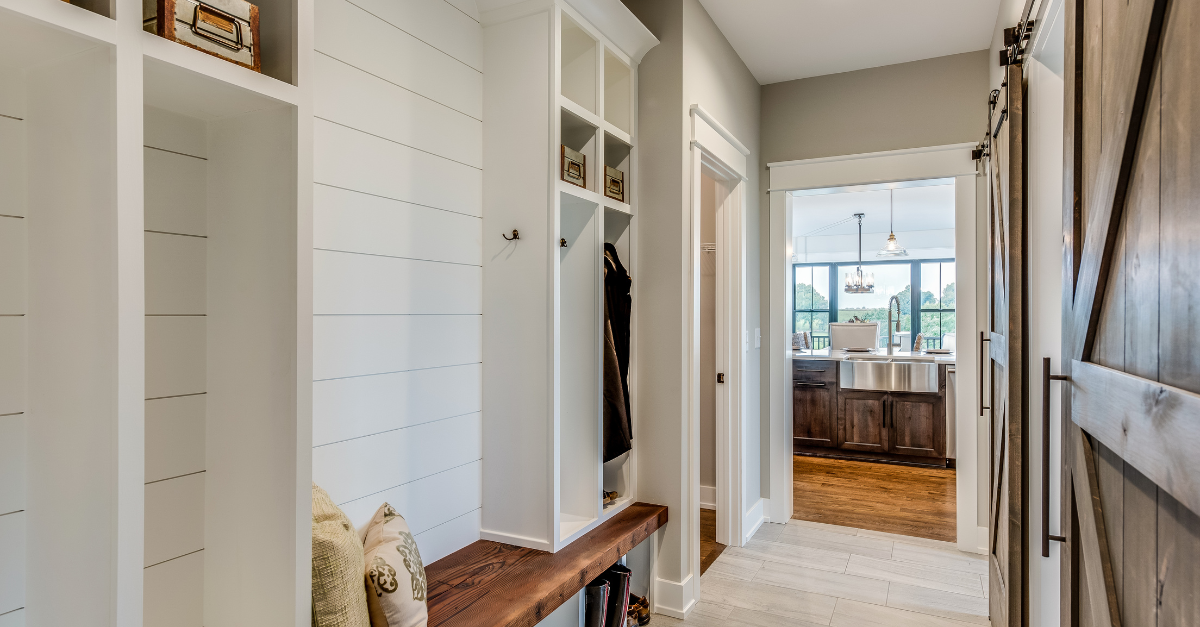
Your home may gain a lot with the addition of a mudroom. Shoes, jackets, and backpacks store well in them. They work effectively as a casual entrance to the house. They are simple to clean, so you may bring in youngsters with muddy boots or pets with muddy paws.
Benches with drawers, built-in shelves, and cubbies or lockers are useful in mudrooms. Depending on how you plan to use the space, a utilitarian sink can be desirable to speed up cleanup. The price of adding a mudroom varies depending on its size and construction, and whatever features you decide to include.
Sunroom Addition
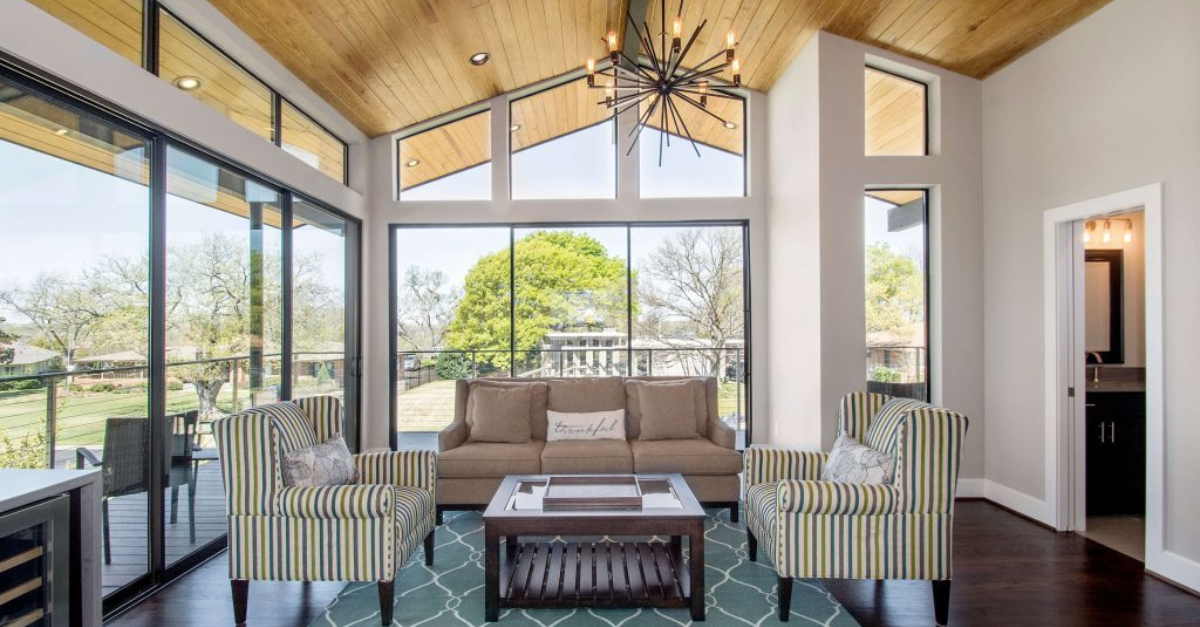
Even the most basic home may be improved with a lovely sunroom. These spaces are flooded with natural light. A sunroom lets a lot of light into the house, whether you're considering constructing your front door or enclosing an existing porch.
There are several distinct types of sunrooms, including solariums, three-season sunrooms, and four-season sunrooms. A sunroom style known as a solarium is built completely of glass. Solariums are often more expensive than four-season rooms due to the thermal technology used to keep the space insulated. For flowers that demand direct sunshine, however, they can also serve as greenhouses.
Bathroom Addition
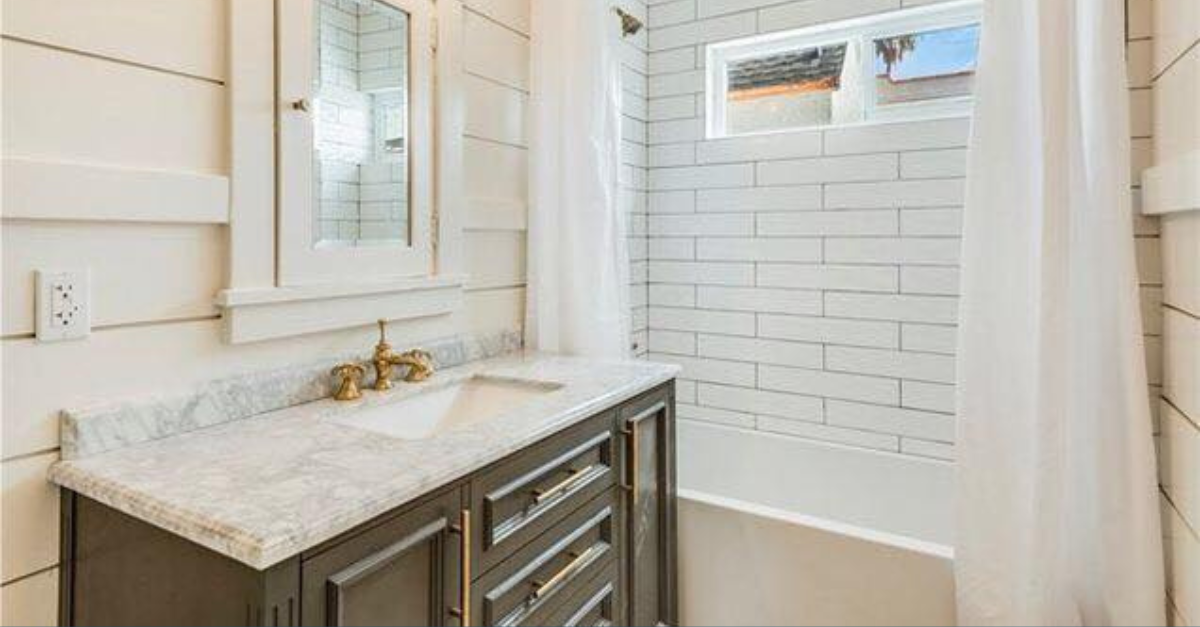
Adding a bathroom is one of the best ways to raise the value of your house. You could add a bathroom by converting a closet or the space under the stairs, or you could go all out and make a new room. It goes without saying that the cost will increase as you add more.
You should examine your pipework before beginning to design your new bathroom. Are there any existing water and waste pipes close to the location of the addition? But you'll likely have to pay extra to run piping if you plan to install a bathroom in a back-of-the-house extension. These expenses may add up rapidly, especially if you include in the price of fixtures.
The good news is that, although adding a bathroom might be expensive, done properly, it can significantly raise your home's value. Consider how much more desirable a home with two bathrooms is than one with only one. If you have children who are growing or frequently have guests around, you can appreciate the value of having a second bathroom.
Home Office Addition
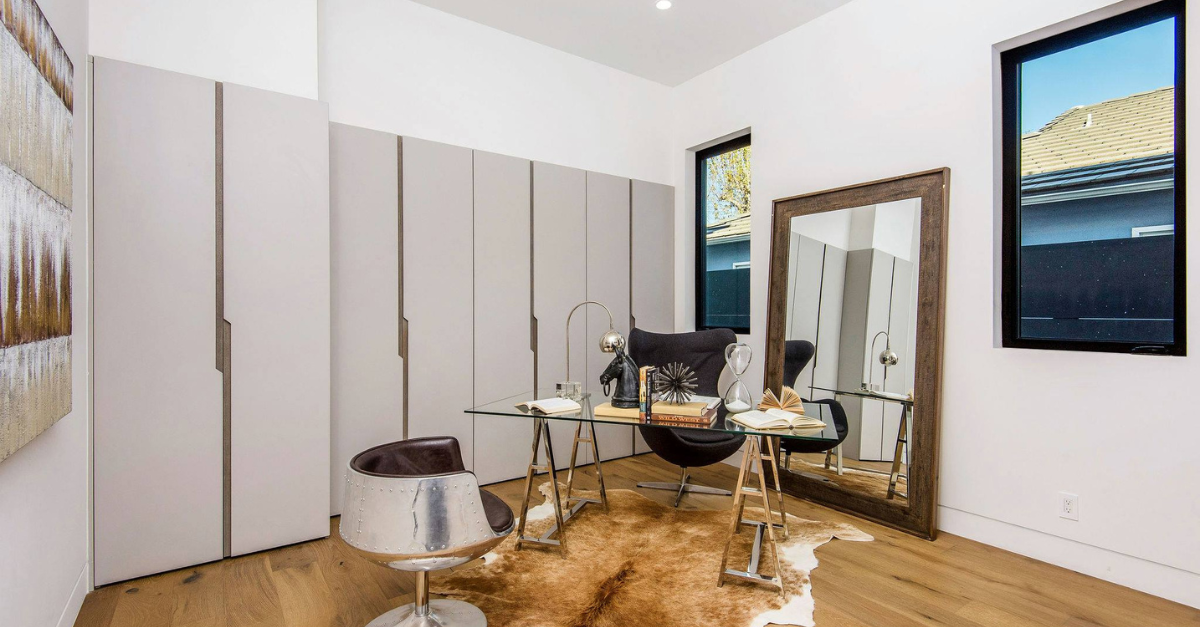
A useful home office is becoming more valuable as more individuals choose to work from their homes. You could certainly convert a second bedroom or a portion of the garage, but if neither of those are available, you might want to consider building an add-on office.
You need a home office if you require a place to work where there are few interruptions. A home office could be more affordable for small company owners who operate from their residence than renting or purchasing a commercial facility.
Depending on the size of the space and the price of any fixtures, the cost to install a home office will increase. If the office you construct has the potential to double as a bedroom, you may offer it that way when you sell your home. Your worth as a resale will rise as a result, just make sure to tell your architect when designing the plans that you want the room to qualify as a bedroom as there may be certain requirements such as fire escape, window size, and/or a closet.
Smaller Additions
You may improve your home in a few minor ways to make it more appealing and valuable. These little alterations cost a lot less than building a whole new space. Your area may feel larger than it actually is if they open it up.
Dormer Addition
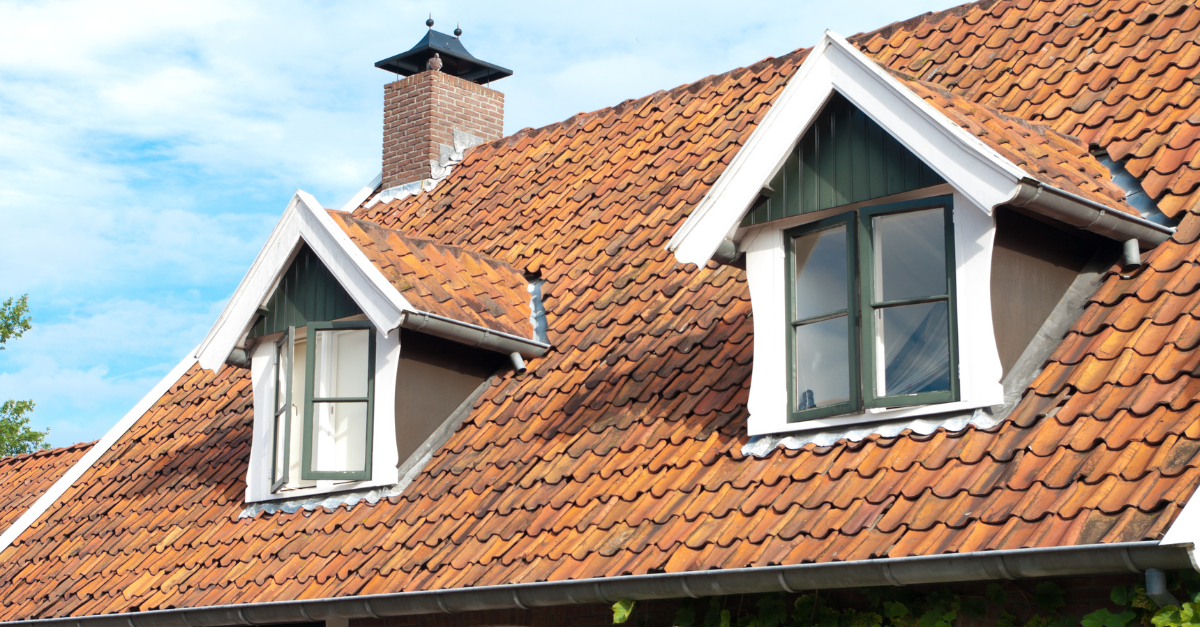
A fantastic method to increase your usable area and let more light in is to add a dormer to your second level. Dormers range in price from $2,500 to $20,000 depending on its size, with smaller window dormers costing around $4,000. The kind of your home, the overall square footage, and the roof's pitch all affect the costs.
Bump-Out Addition
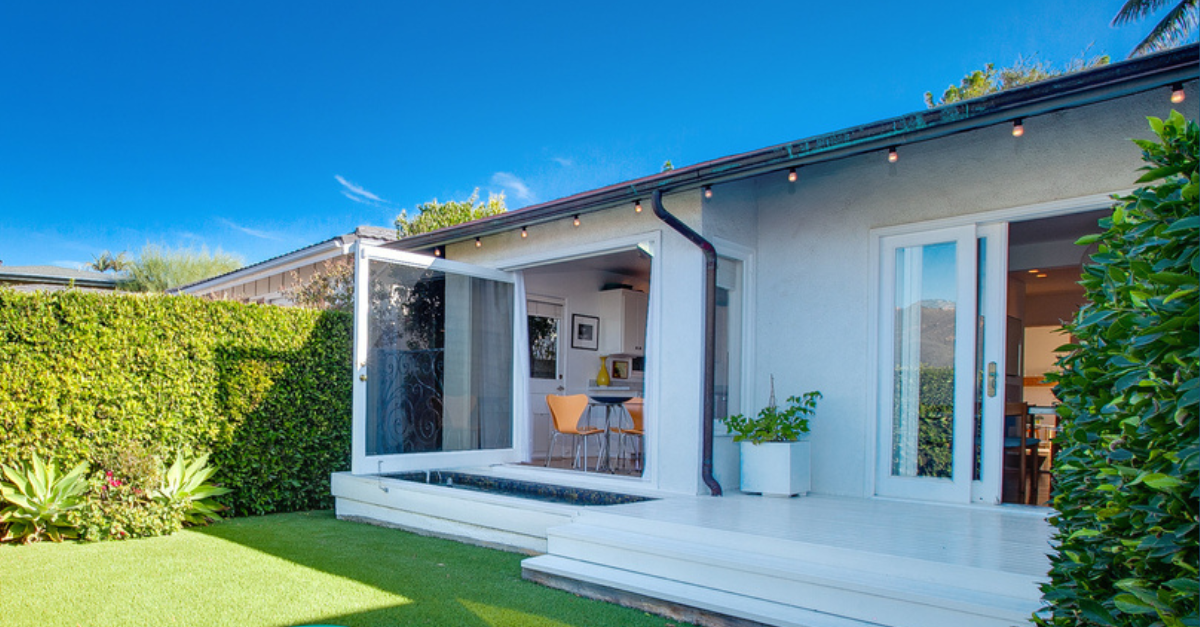
These expansions extend beyond the boundaries of the house and can increase the size of an existing room.
The usage of the space created by the bump-out will depend on the adjoining room. Popular bump-out options in kitchens include adding a pantry or a seat with a window for a dining area. A bedroom bump-out might serve as a walk-in closet if one is being added. A built-in entertainment center can be utilized with a bump-out in a living room.
Larger Additions
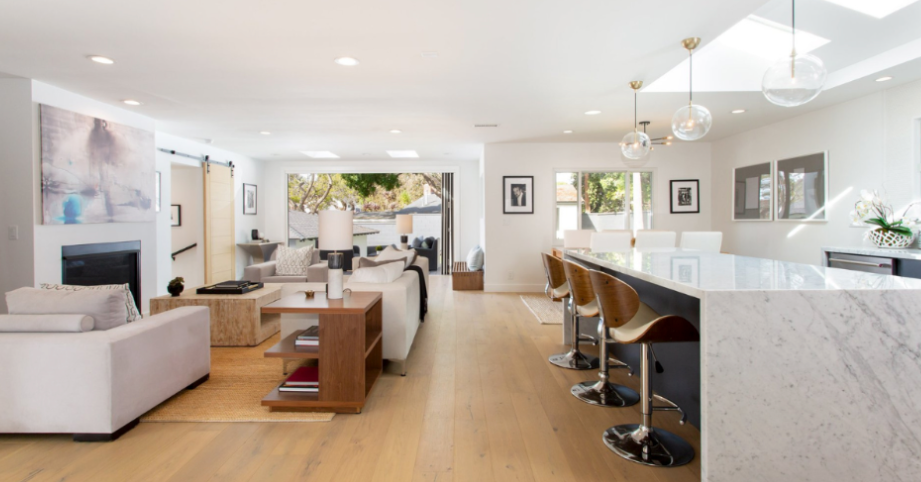
You might construct a sizable extension if you want to significantly enlarge your property. These upgrades will be far more expensive and, if not done properly, might be dangerous. But if they function properly, your house will gain a lot of value.
Addition of a Second Story
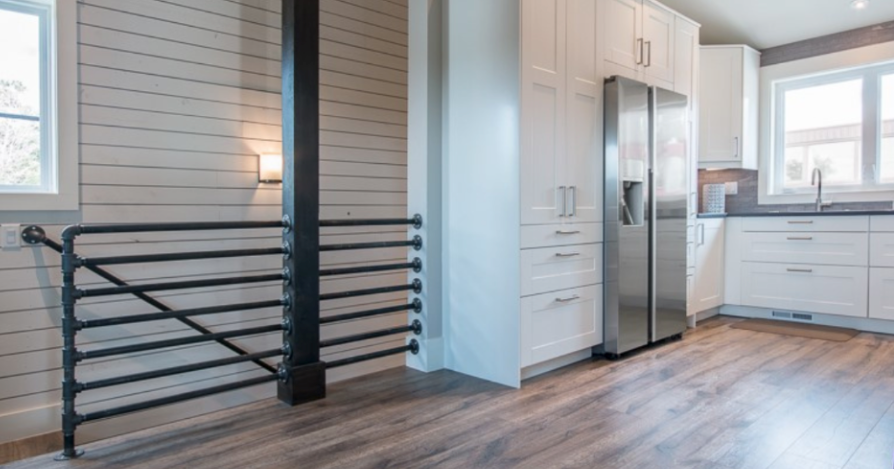
It's a big step to build a second story onto your present house. If it succeeds, it might convert your one-story house into a two-story one, virtually doubling its square size. In the new area, you could either construct your ideal master bedroom or put on a bathroom and another bedroom.
The price of a second-floor extension ranges from $100 to $300 per square foot. Adding a second story is the ideal option to expand inside rather than outward. If your property lines are narrow, this could be useful.
Hire a skilled contractor since adding a second storey is a complicated operation with a lot of room for error. Before employing them, thoroughly investigate them by checking their references on comparable projects.
Garage Addition or Conversion
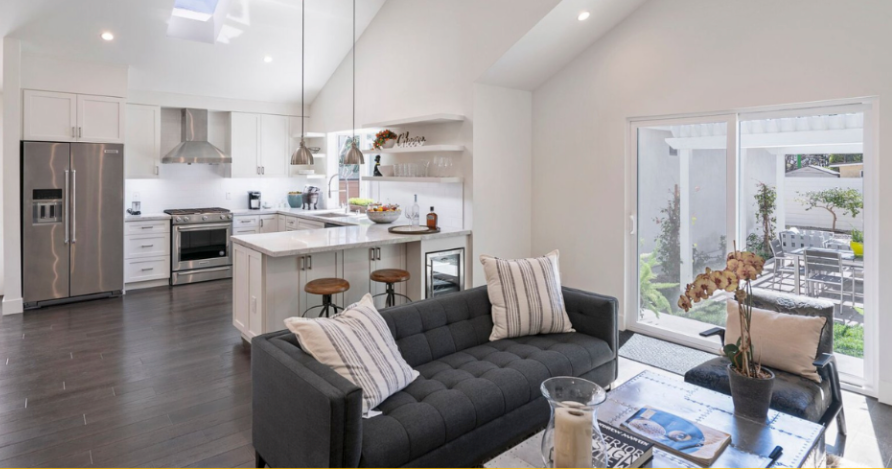
If your present house lacks a garage or is in severe need of extra room for storage and work, installing a garage may boost your home's worth significantly. You need to think about the location of your present driveway and how the addition will be placed.
Although more expensive than a connected one, a freestanding garage may provide less of a building difficulty. A freestanding garage keeps dirt and odors out of the house, while an attached garage's ease makes getting to the garage from the house simple. With terrible weather, this changeover is much more advantageous.
Make sure the garage addition complements the style of the existing house, just like you would with other additions. Another type of garage addition is a garage conversion to ADU, creating an additional living space on your property that can be utilized for aging family members, alternative family arrangements, additional living space or as a rental unit.
Conclusion
Make sure you have the necessary finance in place for the project before you start the exciting journey of a home expansion. This is particularly crucial because your home's total worth will probably grow as a result of the expansion.
Are you ready to begin your home additions? In need of a General Contractor? Contact Advanced Builders & Contractors to get started! For over 17 years we’ve specialized in residential new construction, add-ons, remodeling, ADU’s, and hillside properties in Los Angeles and Malibu. We look forward to working with you!
Recent Blog Posts

